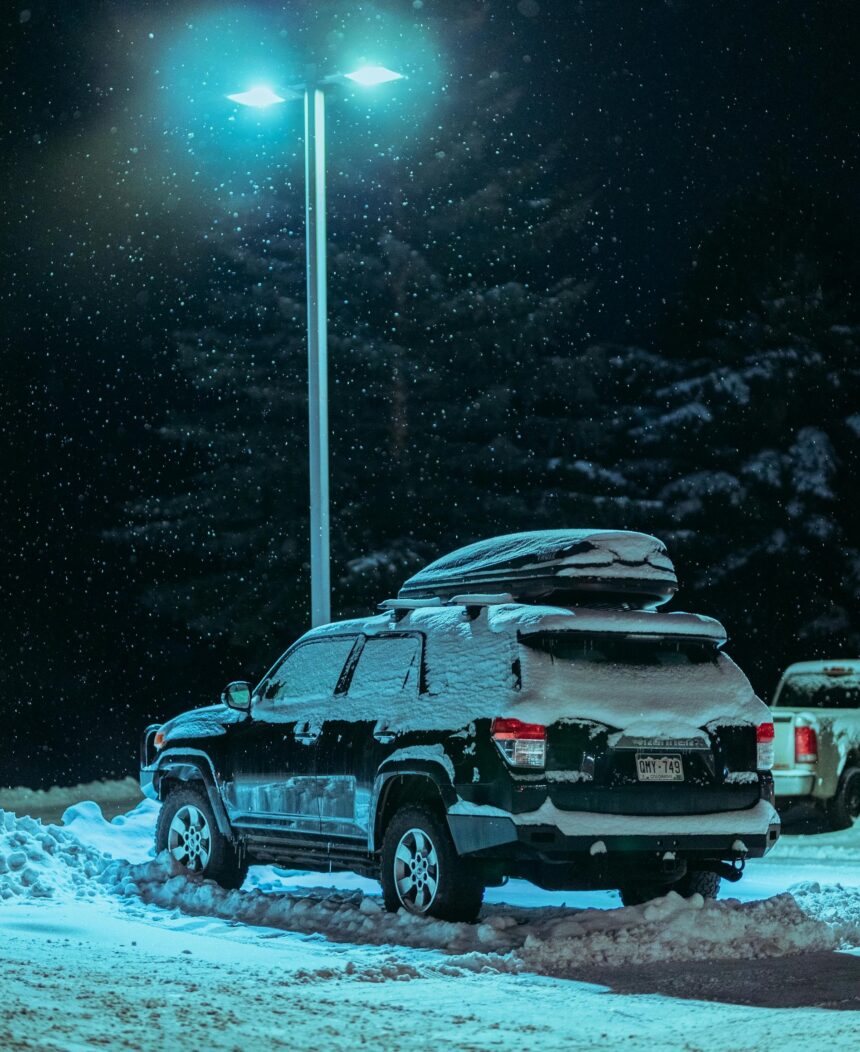At first glance, Zhang Yunlai’s story sounds like a plot twist from a movie. A 41-year-old software engineer from Yangjiang, China, Zhang owns a sprawling 400 m², four-storey house—but for the past four years, he’s chosen to sleep, eat, and unwind in the back of his electric car. And he couldn’t be happier.
From Rented Flat to Four-Storey House
When Zhang moved to Shenzhen six years ago, he rented a modest apartment and paid about 2,500 yuan (roughly ₹29,000) a month in rent. He dutifully commuted each day, working long hours in tech. Eventually, Zhang returned home, bought a spacious family house, and even paid off its mortgage. Yet something still didn’t feel right.
The Camping Trip That Changed Everything
Four years ago, during a weekend camping trip in a nearby park, Zhang realized how peaceful and freeing it was to sleep under the stars. The cramped subway seats and the buzz of city life suddenly felt like clutter. On a whim, he wondered, “Why not sleep in my car?” His electric vehicle’s back seats fold flat—and with a small mattress, it offered a surprisingly comfortable bed.
A “Comfortable” Life on Wheels
Zhang’s living space now stretches no wider than his car’s interior, but he insists it’s more than enough. His daily routine is simple:
- Morning: Drive to a local gym for a hot shower.
- Workday: Eat lunch at the company cafeteria, then code away.
- Evening: Find a quiet park, hook up his phone to play music, and drift off to sleep in his air-conditioned car.
- Night: Head to a charging station before bed—ensuring his car is ready for the next day.
On weekends, Zhang returns to his four-storey home—throwing in laundry, enjoying meals with his family, and catching up on long conversations.
Freedom Beats Four Walls
“My decision has nothing to do with money,” Zhang told the South China Morning Post. He estimates his daily costs—meals, snacks, parking—at about 100 yuan (US $14). Nightly parking fees run just 6 yuan (8 US cents) in the park, and 20 yuan if he leaves the car at the office lot. Compared to 2,500 yuan in rent, it’s a massive saving—but Zhang says financial pressure is the last thing on his mind.
“Even if someone offered me free rent, I wouldn’t move back to the Four-storey,” he said. “The park environment is far better than a typical flat, and it gives me freedom.”
That freedom, Zhang explains, is the real luxury. No building manager to talk to, no noisy upstairs neighbors, no Wi-Fi cutting out. Just fresh air, open skies, and the gentle hum of an EV battery charging.
A Minimalist Role Model?
In a world where bigger homes and fancier possessions often signal success, Zhang’s choice feels radical. He’s embraced a minimalist lifestyle—owning only what fits in his car or a small section of his house—and found contentment. Friends and colleagues initially raised eyebrows, but many now admire his courage.
“People think I’m crazy,” Zhang laughs, “but I just think I’m comfortable.”
Why This Story Resonates
Zhang’s story taps into several modern trends:
- Digital Nomad Living: Working from anywhere, even a parked car.
- Minimalist Lifestyle: Downsizing possessions for peace of mind.
- Eco-Friendly Transportation: Charging an electric car with clean energy.
- Cost-Conscious Living: Spending less on housing, more on experiences.
- Freedom & Flexibility: Choosing where to sleep, work, and relax.
Key Takeaways
- Comfort Is Personal: What feels cramped to one person may feel cozy to another.
- Redefine Success: Bigger homes aren’t always better—sometimes less space means less stress.
- Money Isn’t Everything: Financial ease doesn’t guarantee happiness; freedom does.
Whether you dream of living in a tiny house, traveling in a van, or simply clearing out clutter, Zhang Yunlai’s choice reminds us that home is more about how we feel than square meters on a floor plan.
Read Also: Trump Teases Third Term Run, Jokes About Upending the 22nd Amendment






